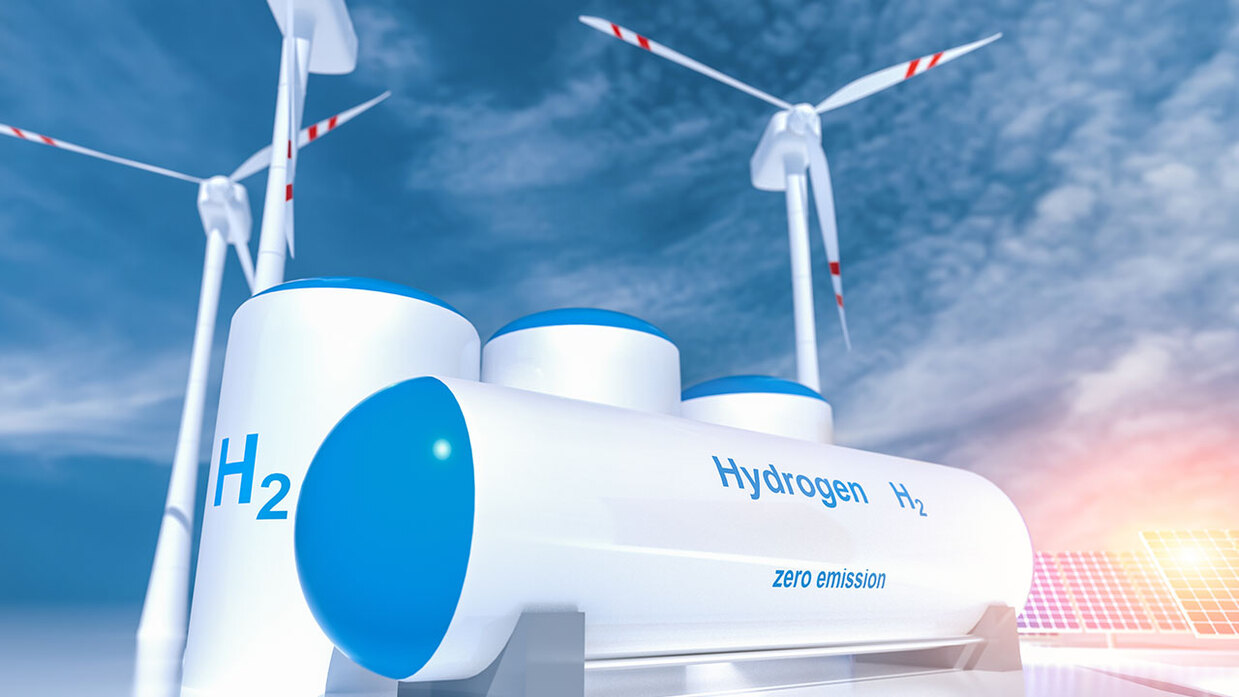Opportunities and risks of hydrogen partnerships and technologies in developing countries
-
Type of event:
Workshop discussion
-
Venue:
Deutscher Bundestag, Jakob-Kaiser-Haus, Saal 1.228
-
Date:
25.05.2023
-
Organiser:
TAB und Ausschuss für Bildung, Forschung und Technikfolgenabschätzung des Deutschen Bundestages
-
Time:
2 to 5 p.m.
-
Target group:
Members of Parliament and stakeholders
-
Event language German
What was it about?

Hydrogen produced on the basis of renewable energies (so-called green hydrogen) is considered a key technology for achieving the goal of climate neutrality. From today's perspective, the expected demand for hydrogen as an energy carrier or raw material for industrial processes will not be covered by the quantities produced in Germany or the EU alone. Germany will therefore be dependent on imports for the time being. Suitable production sites can be found in particular in regions with favourable geographical and climatic conditions for photovoltaics and wind energy, many of them in developing countries.
Hydrogen partnerships with developing countries can open up opportunities for their economic development, for example by creating jobs. However, there are also risks, for example if the export of hydrogen delays the often urgently needed expansion and climate-neutral transformation of the domestic energy sector in the partner country. Negative impacts on the availability of local resources (e.g. drinking water) are also conceivable.
At the same time, opportunities and risks from a German perspective need to be addressed. These include, in particular, questions of reliability, security and resilience in the supply of energy and important raw materials. Ways must be sought to avoid dependencies in supply relationships, for example on states with unstable political or social structures or deficits in democracy and human rights.
The topic of hydrogen partnerships with developing countries is therefore of high political and social relevance.
In the workshop discussion, interim results from the TA project of the same name were presented and discussed with MEPs and stakeholders. The first thematic block dealt with technologies, supply chains and sustainability criteria for hydrogen projects in developing countries. The second thematic block focused on the perspective of developing countries on possible hydrogen partnerships.
Programme
| 14:00-14:05 |
Opening
|
| 14:05-14:15 |
Introduction into the topic
|
Session 1: Technologies, supply chains and sustainability criteria
| 14:15-14:35 |
Input: Technologies, supply chains and sustainability criteria
|
| 14:35-15:00 | Discussion |
| Coffee break |
Session 2: Local conditions and win-win strategies
| 15:15-15:35 |
Input: Results of the stakeholder workshops in the following regions
|
| 15:35-15:45 |
Commentary from the perspective of practice in Namibia
|
| 15:45-15:55 |
Comments from civil society
|
| 15:55-17:00 | Discussion |
Use of the results of the workshop discussion
No audio or video recording was made during the workshop discussion. However, findings from the input and discussion phases of the workshop discussion will be included in anonymised form in the final report of the TA project "Opportunities and risks of hydrogen partnerships and technologies in developing countries", published as a TAB working report and as a parliamentary paper.
